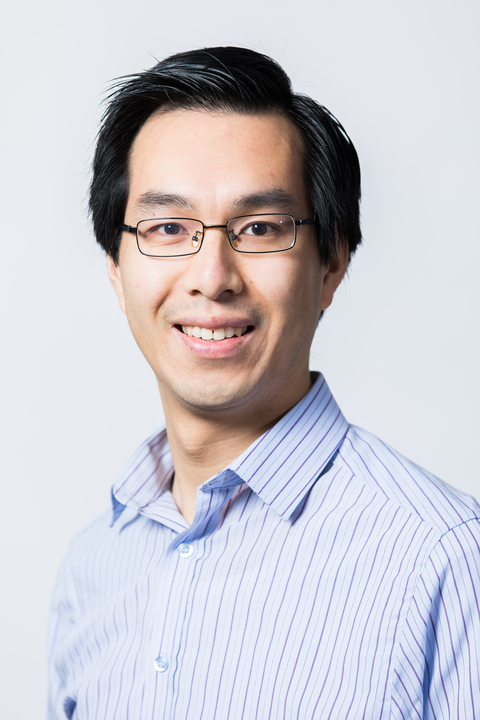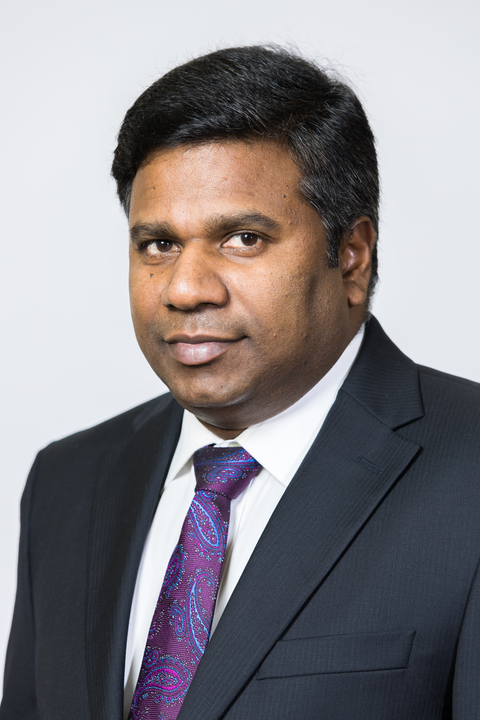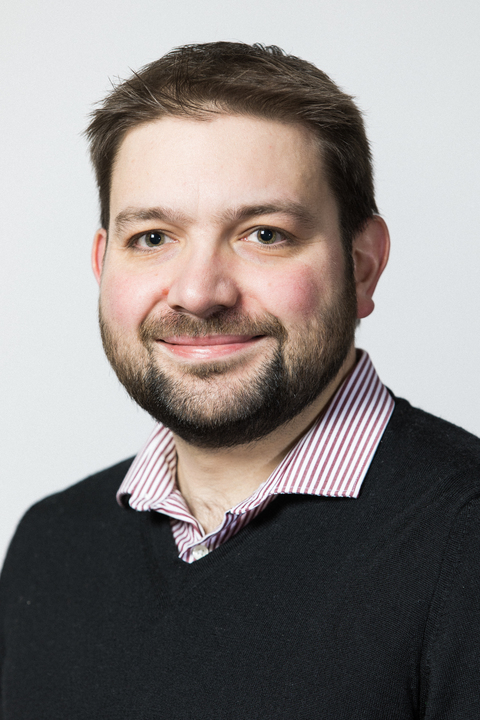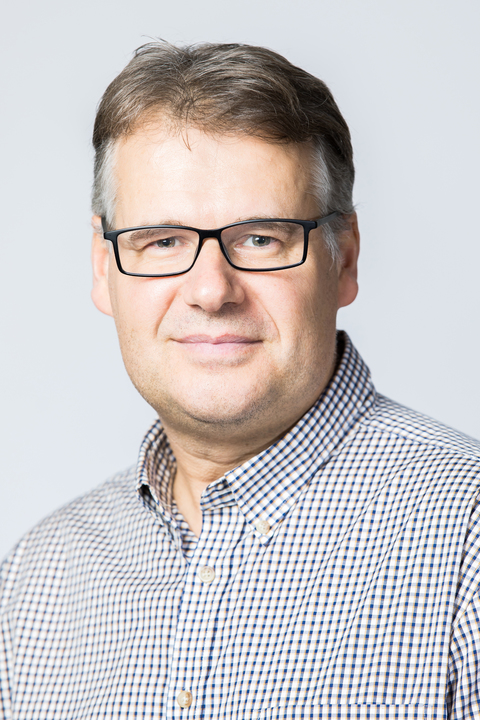
Energy Systems

- Ph.D. Electronics and Electrical Engineering, The University of Edinburgh, 2009
- MEng (Hons) Electronics and Electrical Engineering, The University of Edinburgh, 2004
- Senior Member of the Institute of Electrical and Electronics Engineers

- PhD in Ocean Engineering, University of Glasgow, United Kingdom
- B.Tech (Bachelor of Technology) in Civil Engineering, India
- M.Tech (Master of Technology) in Ocean Engineering, Indian Institute of Technology (IIT), Chennai, India
- Member of Engineering Committee on Oceanic Resources (ECOR), RINA
- Marine Energy-5
- Solid Mechanics 3 [Mechanical Engineering]
- Mechanical Engineering Fundamentals Renewable Energy [MSc in Sustainable Energy Systems]
- Wave Energy
- Wave-current loadings on Offshore Structures
- Model testing of Offshore/Coastal structures
- Numerical and Physical wave modeling
- Ocean wave analysis and Statistics

Professor Gareth Harrison holds the Bert Whittington Chair of Electrical Power Engineering at the University of Edinburgh. He has held a number of executive leadership roles in the School of Engineering, most recently as Head of School.
His research is focused on renewable energy integration within energy systems and he has built a reputation for the application of meteorological modelling and optimisation methods for energy network operation and planning. He is currently a Co-investigator on several EPSRC and Ofgem/InnovateUK projects covering energy storage and power networks. He was Associate Director of the EPSRC National Centre for Energy Systems Integration (2016-2022), Principal Investigator of the EPSRC Adaptation and Resilience in Energy Systems project (2012-2015), examining climate impacts on energy system resilience, and has been Co-Investigator on many UK and EU consortia.
Professor Harrison is a Chartered Engineer, a Fellow of the Institution of Engineering and Technology, a Senior Member of the Institute of Electrical and Electronics Engineers and is an Affiliate of the Association of Chartered Certified Accountants. He was a founding member and now Emeritus member of the Royal Society of Edinburgh Young Academy of Scotland.
- BEng (Hons) Electrical and Mechanical Engineering, University of Edinburgh, 1997
- PhD Electrical Power Engineering, University of Edinburgh, 2001
- Fellow, Institution of Electrical Engineers (IEE)
- Chartered Engineer (CEng)
- Senior Member, Institute of Electrical and Electronics Engineers (IEEE)
- Affiliate of the Association of Chartered Certified Accountants
- Emeritus Member, RSE Young Academy of Scotland
- Inquiry Committee Member, Royal Society of Edinburgh, Energy Inquiry (2017 - )
- Member of Working Group, Royal Academy of Engineering, Wind Power Inquiry(2012 – 2014)
- Associate Editor/Editorial Panel, Proceedings of the Institution of Civil Engineers: Energy (2002 - )
- Editorial Board Member, Renewable & Sustainable Energy Reviews (2018 –)
- Editorial Board Member, IET Energy Systems Integration (2018 –)
- Editorial board member, International Journal of Emerging Electric Power Systems (2005 - )
- Guest Editor, Renewable & Sustainable Energy Reviews, ‘Special Issue in marine and ocean energy dedicated to the work and memory of Professor Ian Bryden’ (2019)
- International Advisory Board, Wiley Interdisciplinary Reviews: Energy and Environment (2013 - 2019)
- Associate Editor, Wiley Interdisciplinary Reviews: Energy and Environment (2010 –2013)
- Interdisciplinary Group Design Project [MEng]
- MSc Dissertation
- Renewable resource assessment
- Network Integration of Renewable Energy
- Multi-vector energy systems/energy systems integration
- Climate Change Impacts on Renewable Energy
- Life cycle assessment (or carbon footprints)



Henry began his career in the energy business within the North Sea oil and gas industry and in 1998 he made the radical move into the emerging commercial marine renewables sector.
- 1994-1998 BEng (Hons) Mechanical Engineering: 1st class Honours
- 2004-2006 MBA Aberdeen Business School
